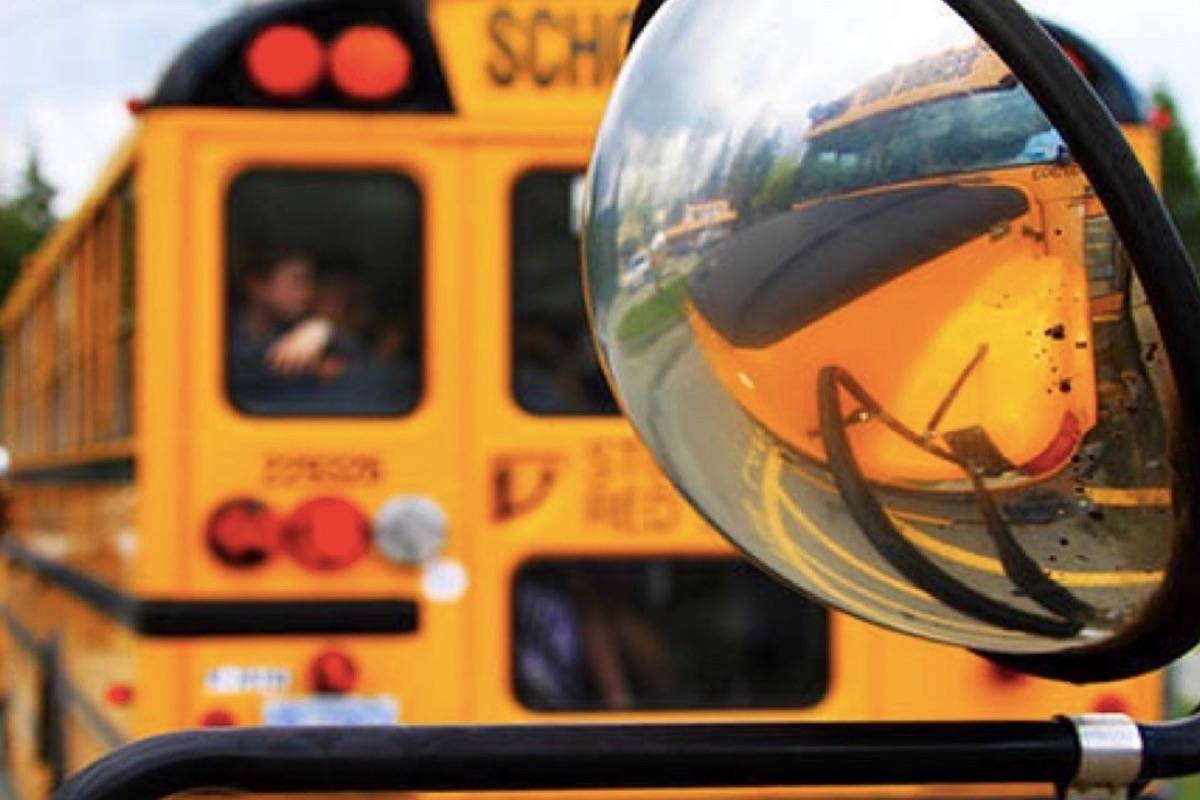Seven new clean-burning buses will make their way to the Kenai Peninsula Borough School District, courtesy of a 2016 lawsuit filed against Volkswagen.
To get students to and from school, the district contracts with the company Apple Bus. However, the district owns several of its own buses to be used for activities. Most of those vehicles are about 20 years old.
“With an aging fleet and a lack of funds to replace it, these buses could not have come to the District at a better time,” the background information for the Jan. 13 school board work session agenda said.
In 2016, the U.S. and California sued Volkswagen, alleging that since 2009, the company had manufactured diesel cars sold and operated in America with emission control systems intended to defeat emissions tests. These systems allowed vehicles to emit nitrogen oxide pollution at levels far exceeding the legal limit under the Clean Air Act. As a result of the lawsuit, Volkswagen agreed to spend $14.7 billion to settle, with $10 billion of the settlement designated to buy back diesel vehicles from consumers. Alaska received a portion of that settlement and developed a Beneficiary Mitigation Plan, which allowed organizations like the district to apply for a grant.
The Alaska Energy Authority, a state organization focused on reducing energy costs in Alaska, received about $8.13 million as a result of the federal settlement. About 60% of those funds are being used for school bus replacements across Alaska. The Kenai Peninsula Borough School District, Anchorage School District, Alaska Gateway School District, Juneau School District and Southeast Island School District are all beneficiaries of the Volkswagen Settlement School Bus Replacement Program.
“By replacing older engines with new technologies, the school buses will help improve air quality in these areas of the state,” said AEA Executive Director Curtis W. Thayer in a news release. “The new buses will result in a reduction of 24.6 short tons of NOx and 1.8 short tons of fine particulate matter over the remaining lifetimes of the replaced school buses.”
The district’s transportation supervisor, Rachelle Goniotakis, researched the grants and submitted an application for seven new clean-burning activity buses.
The district was awarded a total of seven new activity buses, with each bus valued at $145,000. Through the grants the district applied for, the district was awarded six buses. However, one additional bus was awarded at the last minute as a result of low applications in other grant categories.
“So they came back to us and asked if we would like another bus,” Assistant Superintendent Dave Jones said in a Jan. 13 work session. “So we’re actually going to get seven buses.”
As part of the deal to get the new replacement buses, the district will have to destroy the old buses.
“They have to be scrapped,” Goniotakis said in the work session. “We can’t put these back on the road.”

